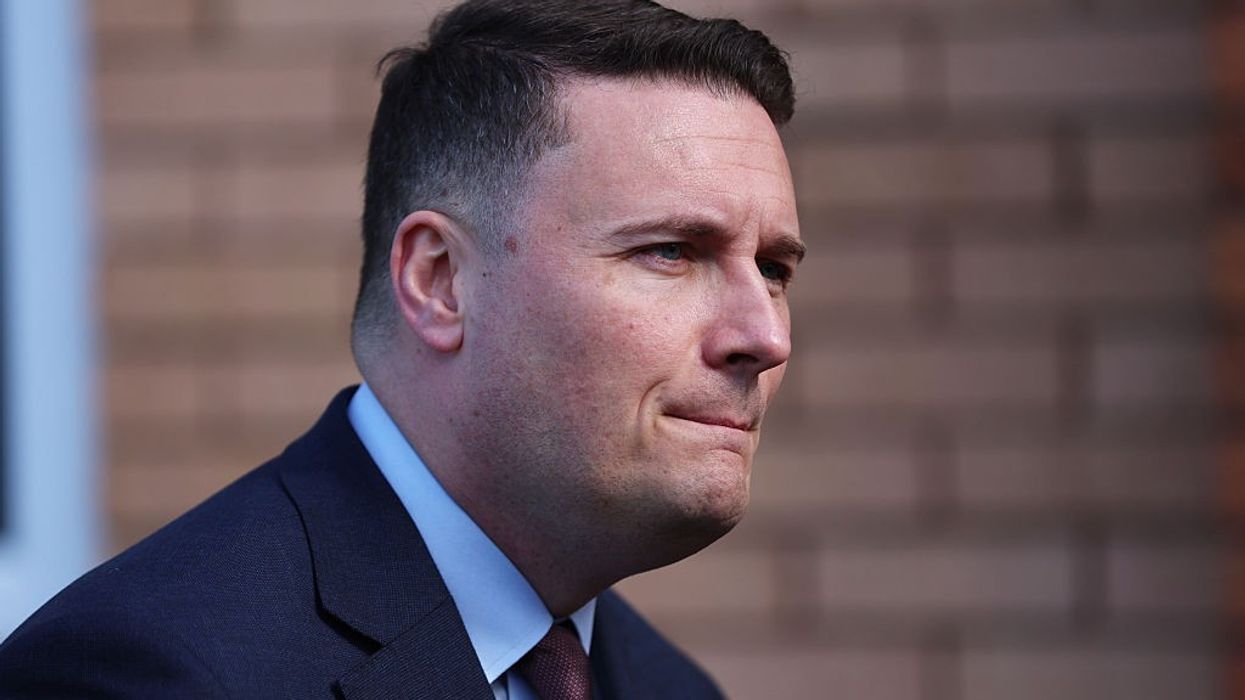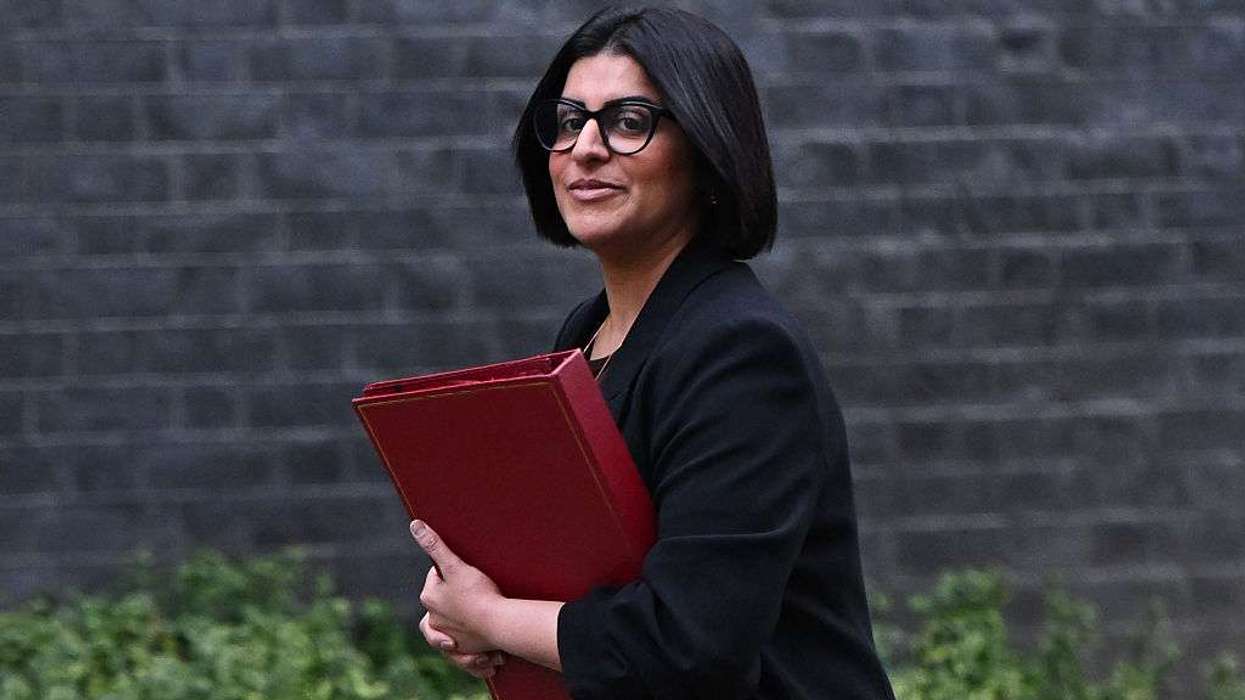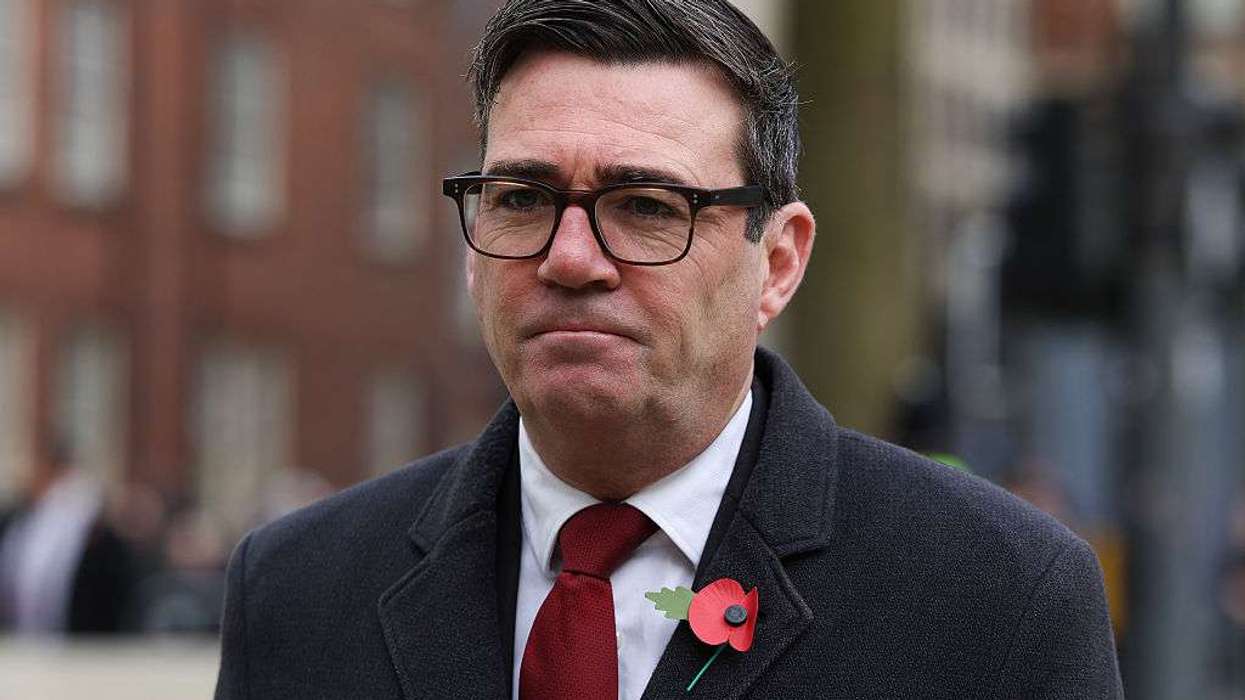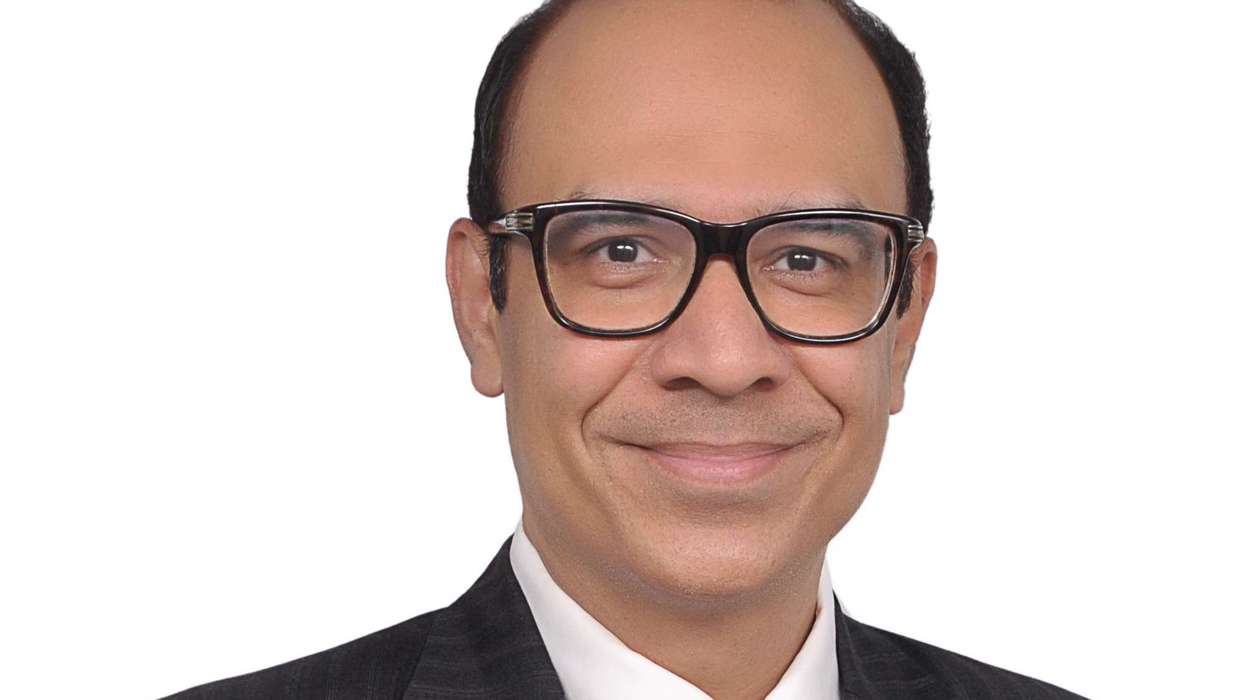HEALTH SECRETARY Wes Streeting has revealed there is no money in the budget to set up an assisted dying service, just days after MPs voted to support the controversial law.
The new legislation passed by a narrow margin of 23 votes last Friday (20), but Streeting - who opposed the bill - said the government hasn't allocated any funds to make it work, the BBC reported.
Writing on Facebook, Streeting explained his concerns about the vote. He pointed out that the NHS is already struggling with money problems and many people can't get proper end-of-life care. He worries this could put extra pressure on dying patients.
"The truth is that creating those conditions will take time and money," Streeting wrote. He added that even if the service might save money in the long run, "setting up this service will also take time and money that is in short supply."
"There isn't a budget for this," he said. "Politics is about prioritising. It is a daily series of choices and trade-offs. I fear we've made the wrong one."
Despite his opposition, Streeting promised to work properly on the technical details if the law goes through. He said he has "enormous respect" for those who support the bill.
A government report from May looked at the costs and potential savings. It found the NHS could save between £919,000 and £10.3 million in the first six months alone. After ten years, savings could reach £5.84m to £59.6m.
But there would be significant costs too. Running the service could cost over £10m a year within ten years, and training staff could cost more than £11m in just the first six months.
The bill now goes to the House of Lords for detailed examination. Supporters say it will give terminally ill people choice over how they die and prevent suffering. Critics worry people might be pressured into choosing assisted dying.
Campaigner Dame Esther Rantzen, who has terminal cancer herself, told BBC Radio 4 that Lords should examine the bill closely but not try to overturn what MPs decided.
"Their job is to scrutinise, to ask questions, but not to oppose," she said. Dame Esther admitted she might have to travel to Switzerland's Dignitas clinic because the new law probably won't be ready in time for her.
Paralympian Baroness Tanni Grey-Thompson, who opposes the plans, wants stronger safeguards added. "We've been told it's the strongest bill in the world, but to be honest, it's not a very high bar," she said.
Tory peer Lord Shinkwin called for "forensic scrutiny" of the bill, saying many MPs would want another look at the safeguards for vulnerable people like disabled and elderly people. The bill could still fail if it gets stuck in the House of Lords for too long.
But Labour MP Kim Leadbeater, who brought the bill forward, warned she would be "upset to think that anybody was playing games with such an important and such an emotional issue."





